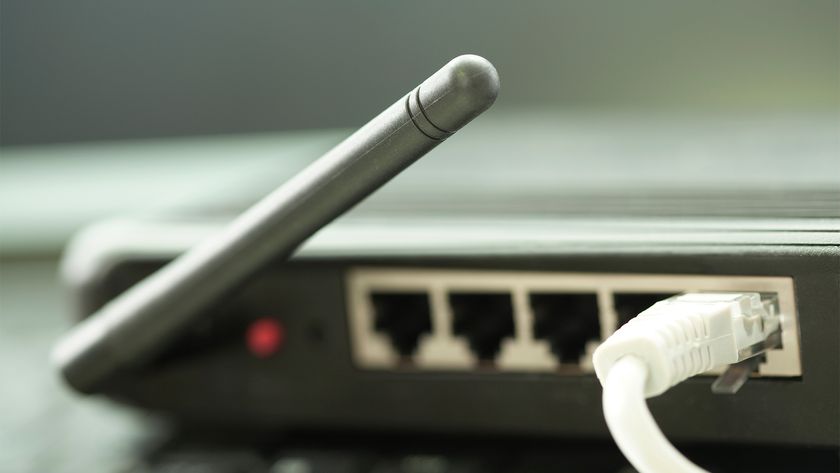The great fibre debate
As ISPs squabble over infrastructure pricing and uncertainty surrounding demand, fibre broadband rollout in the UK could be in jeopardy. Tom Brewster investigates...
Another area where views differ widely is demand. Although Government and industry have waxed lyrical about the supposed benefits of fibre over ADSL, there are some doubts over whether businesses, and indeed some ISPs themselves, actually care much about it.
Is all the investment in and arguing over infrastructure worth it? Do people even want fibre?
TalkTalk's own fibre offerings have seen little interest and the provider hasn't given the product much backing itself, according to Heaney.
"We've launched our fibre booster and we're not really marketing it. It's there if customers want it," he said. "There is very, very small demand."
Heaney was dubious about others' success with fibre too. "After BT launched its Infinity product, for the first two or three months they were trumpeting that they had 50,000 customers in the first few weeks or whatever. Now they're not talking about the number of customers," he added.
"I would bet my bottom dollar that they're not seeing as much demand as they'd hoped for."
You might want to take TalkTalk's stance with a pinch of salt, given its involvement in the aforementioned Fujitsu consortium.
Get the ITPro. daily newsletter
Sign up today and you will receive a free copy of our Focus Report 2025 - the leading guidance on AI, cybersecurity and other IT challenges as per 700+ senior executives
Yet Heaney's bottom dollar might have made him a little bit richer. BT, the most fibre rich of all ISPs in the UK, was fairly sheepish about current global demand for fibre when speaking to IT Pro.
"If you look around the world, take-up isn't actually as dramatic as you might think," Murphy said. "Demand stimulation is quite critical."
However, BT was relatively pleased with uptake of its fibre product, Infinity, when it announced its results last month. Infinity's customer base then stood at 144,000. It's not a startlingly high number, but it's not infinitesimal uptake either.
Virgin, meanwhile, has been hugely positive about fibre work, saying it had seen plenty of demand, particularly from businesses.
"We're seeing huge demand both in volume terms and also in potential revenue terms, and we've got very bold and brave ambitions for the business division," said John Heraghty, managing director of Virgin Media Business.
"The underlying reason why we need high capacity networks is because that enables an IT transformation to take place. It's not so much about being able to download stuff quickly from the internet, interesting though that is, it's the ability to move data around the network."
At the minute, it would be fair to say BT and Virgin are by far the two biggest proponents of fibre in this country. Competitors simply aren't putting in anyway near as much work. We also suspect that low customer interest in fibre is due to cost, especially in the current economic climate. A BT Infinity subscription can cost as much as 38 per month including line rental.
Tom Brewster is currently an associate editor at Forbes and an award-winning journalist who covers cyber security, surveillance, and privacy. Starting his career at ITPro as a staff writer and working up to a senior staff writer role, Tom has been covering the tech industry for more than ten years and is considered one of the leading journalists in his specialism.
He is a proud alum of the University of Sheffield where he secured an undergraduate degree in English Literature before undertaking a certification from General Assembly in web development.















